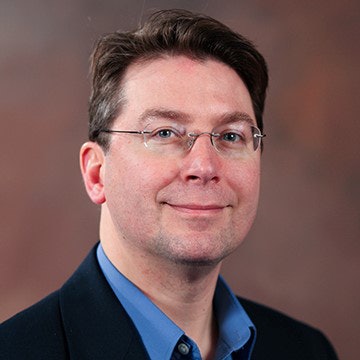Mark Lilla, professor of Humanities at Columbia University, observed that college freshman at the end of their first year were “far less interested in getting what they wanted than in figuring out just what it is that’s worth wanting.”
Thankfully, in America we are not required to have it all figured out by age 17. Our 17-year-old inclinations and test scores do not have to determine our subsequent years. We live in a land of second chances. Students, enrolled in community colleges to elite universities, are encouraged to rediscover and reinvent themselves. That is, to search for what’s “worth wanting.”
As a place that fosters an environment of curiosity and exploration, where one considers and imagines what’s “worth wanting,” the college sets itself apart from other institutions in our society. And, as such, the college, according to Andrew Delbanco, author of College: What it Was, Is, and Should Be, should endeavor to be “an aid to reflection, a place and process whereby [people] take stock of their talents and passions and begin to sort out their lives in a way that is true to themselves and responsible to others.” In short, colleges, by design, are the place where students search for purpose.
Seeking purpose requires self-examination, and self-examination is needed to discover what’s “worth wanting.” To discover the answer to this question is to be transformed.
 Dr. Christopher Young
Dr. Christopher YoungAt all ages, college is a transformative experience because professors not only engage their students in deep, critical learning, but they also encourage their students to learn about and explore their authentic selves. And once they have done that, students have, to paraphrase Nicholas Pearce, a pastor in Chicago and a professor at the Kellogg School of Management at Northwestern University, “connected their souls to their roles.” That is, these students have discovered their purpose. Pearce says purpose is “about the work and the impact we feel most called to make at any given point in our lives. It’s the work that we cannot not do. And so, when we’re given the gift of letting our souls shine through the work we do, it’s authentically ours.”
When students have this experience it quite likely coincides with their discovery of what’s “worth wanting.” At Indiana University Northwest, students of all ages and circumstances are encouraged to let their souls shine through their work, and thereby discover their authentic selves. Along the way, students will have discovered what’s worth wanting.
Increasingly, there are a variety of ways for people in the Northwest Indiana region to seek purpose and direction in a college setting. IU Northwest, for instance, offers courses both in the classroom and online as well as hybrid courses, which combines both formats. The campus also offers the accelerated eight-week course, as well as the traditional sixteen-week semester.
To explore what’s worth wanting is not limited to the so-called “traditional student.” In fact, a sizable percentage of students on our campus are 25 years old or older. The variety of learning opportunities available to students reflects the diverse circumstances of the people considering what’s worth wanting. It may be the high school graduate who is only now considering college, or a gainfully employed parent looking for a career change or intellectual stimulation. Whatever the reason, college is a unique opportunity for self-discovery and reinvention.
Dr. Christopher Young is the director for the Center for Innovation and Scholarship in Teaching and Learning at Indiana University Northwest.


















